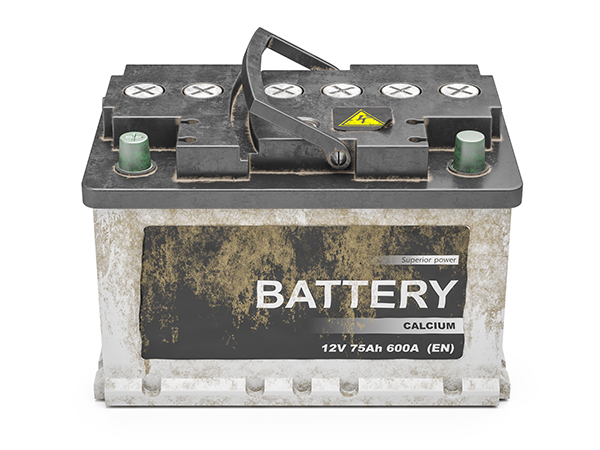
The idea of recycling batteries has been around for quite a long time now, perhaps just as long as batteries themselves have been around. After all, if scientists and other experts are already able to recycle so many other things, why not do the same with batteries as well? One of the biggest benefits of using a battery is to reduce wasted energy, and there would be even less of that if a better method for recycling batteries existed. Now, thanks to the efforts of a pioneering team at the U.S. Department of Energy (DOE), it finally does.
The U.S. DOE's Argonne National Laboratory has managed to successfully develop a so-called novel model that will allow the industry, the Department itself, and many others to "gauge the impact of recycling batteries" in electric vehicles such as self-driving cars. This is according to a report on the new development that aims to focus on reducing wasted energy and expenses as well as increasing the efficiency and usefulness of batteries.
According to Jeff Spangenberger, the project leader on the team, they are still collectively trying to make the most of their new method. "Argonne has a long rack record of expertise in battery research and development, and now we have added the ability to examine every step along the way, from manufacturing to recycling," he explained. It is, as he mentions, a method of tracking each and every step of a battery's overall "process."
Rather than just being something that will become useful at some point in the future, it is said that the new method – dubbed ReCell – can actually give manufacturers some concrete benefits as early as now. To be more specific, the closed-loop battery recycling model can offer some reduction in the total costs incurred by manufacturers, and at the same time, there will be an improvement on environmental impacts such as carbon dioxide emissions as well. From there, the manufacturers can be free to decide what to do in terms of their product's life cycle costs and begin to offer consumers new types of batteries that have minimal impacts to the environment and to the economy.
The ReCell model involves the use of three basic recycling technologies, namely pyrometallurgical (extracting metals with the use of heat), hydrometallurgical (extracting metals with the use of liquids), and direct recycling. Based on estimates made after preliminary findings, a battery cell that uses a recycled cathode could potentially cost five percent less than a new cell after using pyrometallurgy. Meanwhile, a different battery cell with a recycled cathode could cost 20 percent less using hydrometallurgy, and 30 percent less with direct recycling routes.
In short, there could be some major wide-reaching changes in the world of battery technology if the ReCell method becomes widely adopted. As the report on the method states: "Information provided by ReCell will become increasingly important as thousands of batteries from vehicles sold over the last decade reach their end of life." Ultimately, it is seen as a possible method of reducing U.S. dependence on foreign resources as well as to enhance the national security of the country. But the technology has a long way to go until it gets to that level.
Read more about energy-related innovations in Power.news.
Sources include:
Newswise.com (1)
Newswise.com (2)
Please contact us for more information.





















